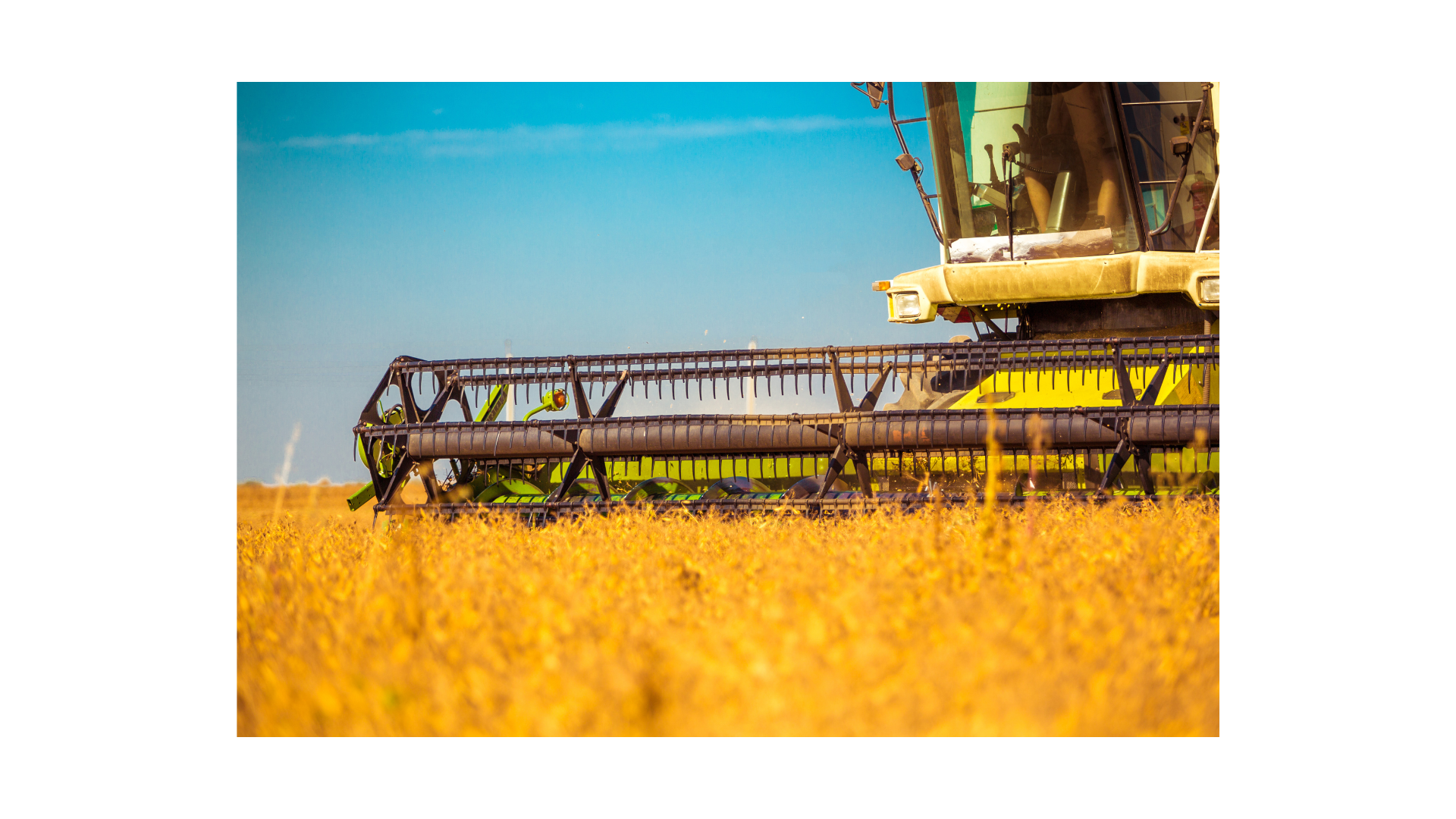One of the biggest challenges for Brazilian rural producers has still been to find ways to finance their production activities without the cost of credit making their operations unfeasible in a scenario of high interest rates and reduced investments in the productive sector.
In this setting, self-financing, the supply of credit by producer cooperatives, among others, have become alternative ways for farmers seeking more efficient alternatives to finance the cost of their own crops. Among these are Barter operation, one of the most promising options available in the market.
Existing in Brazil since the 1990s, Barter may seem, at first, exceedingly intricate, however, it is an excellent mechanism for rural producers to finance their production safely and inexpensively, since the interest rate charged while taking them out is different from those charged in credit operations provided by traditional financial institutions.
But what does Barter Operation consist of? The term Barter is a form of exchange. It is a commercial operation in which producers seek a financer – whether a cooperative, a trading or a credit institution – offering part of their crops in exchange for obtaining inputs for the planting of their crops. That is, they undertake to deliver, in the future, part of their production, in exchange for the advance of seeds, pesticides, fertilizers, among other feedstock necessary for planting the crops.
Legally, the transaction is structured, most of the time, through the issuance, by rural producers, of a CPR in favor of the trading, cooperative or credit institution, which in return provides inputs and products required to accomplish the productive activity. Upon expiration of the term established in the CPR, which usually coincides with the end of the harvest, producers deliver the harvested grains to the warehouse appointed by the creditor, whereby they meet their obligations, with the consequent write-off of the bond issued by rural producers.
From a commercial viewpoint, this is a very safe operation, since producers manage to obtain the necessary inputs for production, being protected from fluctuations of interest rates charged in the market and exchange rate changes that affect the commodities, while the creditor guarantees the receipt of the amount duly adjusted, upon delivery of the product, guaranteeing the price through hedge operations with the negotiation of the grain in value brokers, in the future market.
However, it is not, as it seems in a first analysis, a simple barter operation in which one party delivers the product to the other and receives as payment the portion of the crop promised by the creditor. On the contrary, its structure is complex and requires care and attention while taking it out.
Among these precautions, special attention should be paid to the business structuring, insofar as it is a foreign exchange bond, which implies that lenders can, regardless of the debtors’ consent, negotiate the bond autonomously, transferring it to a third party, subjecting the credit to the effects of bankruptcy, court-supervised reorganization, etc., on top of several risks behind agribusiness, such as the production risk, which is independent of the will of the agents, and results from natural conditions.
It is not disproportionate to conclude that the Barter operation consists of a protection mechanism not only for rural producers, but also for companies that buy and export commodities, which can use hedging to protect themselves from natural market price fluctuations and, with it, dilute such risks.
Thus, the Barter operation is an efficient solution to the challenges faced by rural producers, with a view, without limitation, to reduce the time of receipt of production – which would otherwise have to be subsidized by companies supplying inputs and agricultural pesticides –, which allows producers to access market resources at lower costs and in a fast, direct, and red tape-free manner to face the demands of an increasingly competitive and ever-changing market.
Available at: https://exame.com/bussola/flavia-benites-operacao-barter-facilita-financiamento-agro/
Autor: Flávia Sant'Anna Benites • email: flavia@ernestoborges.com.br • Tel.: +55 67 99984 1406

